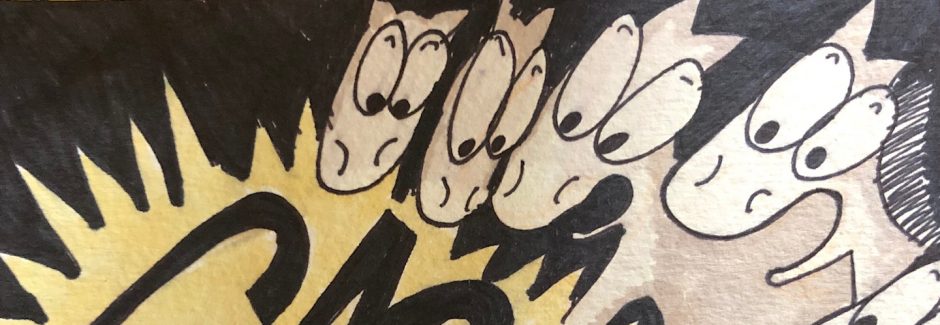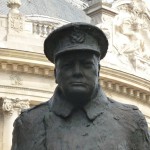The first stage: parents reading for names of friends parents. When I was young, obituaries were something my parents read. I never really understood what they were talking about or why mom would carefully cut one out and call her friend to say she had it if that friend wanted another copy.
As I got a little older I would occasionally check out the obits of an entertainer from my
parents generation or a “once great”: Churchill or Brendan Behan – more was written about them than I cared to read at the time. It is part of that first stage, becoming aware of the generation that influenced my parent’s generation.
The 2nd stage of obits: parents reading for names of friends of the family and family. By this, understand, I’m talking still of the friends of your parents. Family friends are the people who are introduced to you at the dinner table as, ‘Mr. Jones, your father went to university with him’ or old neighbors who moved away when you were still just this high and my how you’ve grown. The great-aunts and great-uncles who’ve survived their siblings, your grandparents. These are the names that make your mom put down her coffee, reach over to dad and say quietly, ‘dear, where did Fred live?…”
It really isn’t an obit, I guess, when Uncle…phones in the middle of the Labour day barbecue and mom stops laughing, pulls the chair over and puts her drink on the phone desk without bothering to look for a coaster. When she comes into your room, sits on the bed and holds your hand, trying to find a way to talk about her brother’s death.
The 3rd stage of obits: reading for names of friends’ parents. This is when you are actually reading the obits yourself. Maybe not all the time and certainly not with any serious concern. Just a quick glance through the names for something familiar. Every so often, if you have the time, you’ll check out the dates to see how old and why. This coincides, usually, with buying your first few condolence cards, reading carefully and thinking these are, are…morbid. Or sappy. Or religious. Then you make the mistake of buying a couple of blank cards thinking you’ll be able to write something much better. And end up going back to the store to get the least sappy, least morbid one because it’s just easier, signing your name and mailing it off.
Sometime in here you’ll start attending a few funerals, mostly to be there for your friends. To be there for a co-worker. And you’ll start looking over the condolence card section now and then, when picking up birthday cards, maybe get a few to keep on hand, just in case.
The 4th stage of obits: reading for names of friends and family. Now you are moving to the front of the line. You have friends who have been abandoned as orphans at the door-step of middle-age. Now you are reading names of people only a little older than you and, more disturbingly, a little younger. This is the stage where more than understanding the shorthand of obituaries, you appreciate the skill involved because you’ve written one yourself or read one written about someone you knew and called a close friend. Now condolence cards don’t seem so facile because you’ve found comfort in receiving them and appreciated that people took a moment to remember someone you cared about; reached out to say they remember too.
The 5th stage of obits: a phone call from your kids asking if that was a friend of yours.



